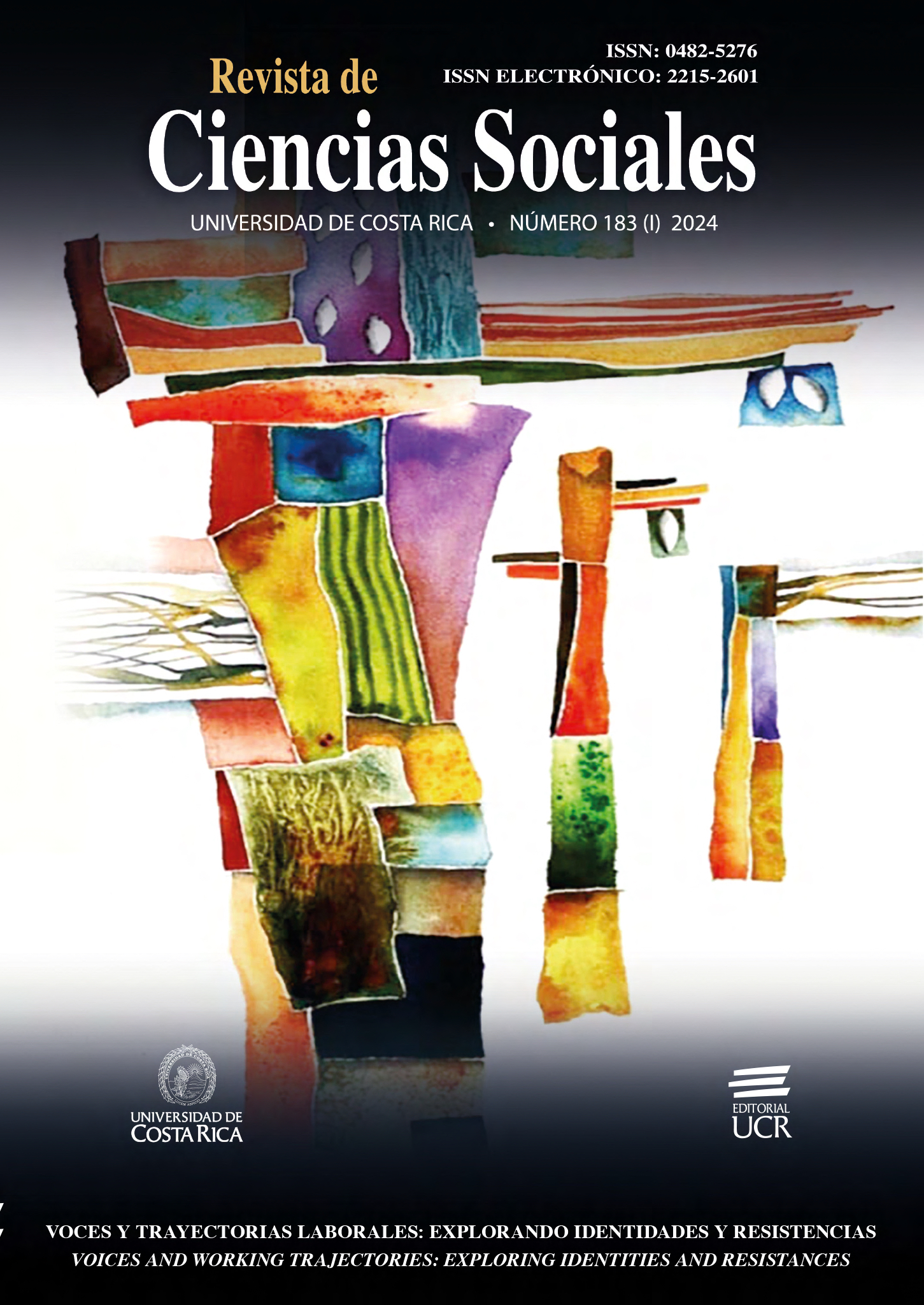Abstract
This reflective article, moving between social theory and philosophy, focuses on the conception of Bourdian social criticism and its political potential. Starting from some objections to his vision of how criticism works, especially those that affirm that it
implies an objectivist notion of cognition and the agency of people, it becomes clear that they are based on an erroneous perception of Bourdieu’s idea of the levels at which criticism occurs. His understanding of the semantic struggle that social critique requires and what it implies to change the dominant configuration of the social is then explored. Finally, it is affirmed that this conception of criticism, although far from objectivism, still retains a certain intellectualist inclination.



